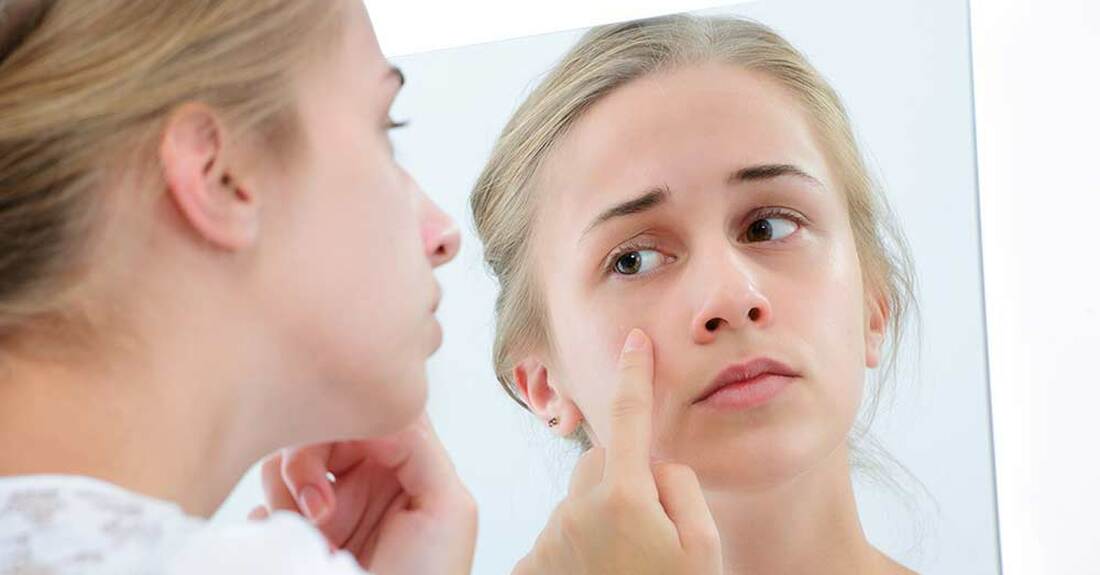
Puberty is a period of rapid physical and hormonal changes. It marks the transition from childhood to adulthood. It's also a time of excitement, curiosity and, sometimes, a lot of stress. Stress is a normal part of life, but too much can change when and how puberty happens. This makes it harder to manage stress relief for teens. It also complicates coping with stress in middle and late adolescence.
This article will explore the connection between stress and puberty. It will cover how stress can influence the timing of puberty and its impact on adolescents. You can also check out another Change to Chill resource: 10 Facts About Teenage Stress.These facts are important during this important developmental stage.
Can stress bring on puberty?
The short answer is: It’s unlikely to do so by itself. Puberty is mainly triggered by a complex interplay of hormones, managed by the hypothalamus in the brain. Stress can affect hormone production. However, it's unlikely to be the sole reason for earlier puberty.
Does stress cause early puberty?
The exact mechanisms aren't fully understood yet. Some research suggests a potential link between chronic stress and slightly earlier physical development, particularly in girls. Here are some possible explanations:
- Allostasis. Our bodies strive for stability (allostasis) even during stressful situations. Chronic stress can disrupt this balance. Some theories suggest that prolonged stress might trigger hormonal changes to restore allostasis. This can potentially influence the timing of puberty onset.
- Socioeconomic factors. Stress is often linked to socioeconomic factors. These can include poverty, neglect or family dysfunction. These same factors have also been associated with earlier puberty onset in some studies. However, that correlation is not fully proven. Further research is needed to understand all the underlying contributors.
It's important to remember that puberty is driven by hormones regulated by the hypothalamus. Stress may play a role in some cases. But it's unlikely to be the sole factor influencing the timing of puberty.
Does stress delay puberty?
There is currently no evidence to suggest that stress directly delays puberty. Research mainly focuses on the link between stress and earlier puberty, especially in girls. However, it's important to consider that underlying health conditions can be exacerbated by stress. This may impact the timing of puberty. For example, chronic illnesses can affect hormone production and lead to delayed physical development.
The relationship between stress and puberty timing remains an area of ongoing research. Chronic stress might be linked to slightly earlier physical development in girls in some cases. However, it's unlikely to be the sole factor. There's no evidence to suggest stress directly delays puberty. Underlying health conditions influenced by stress could have an indirect effect though.

How does stress affect growth hormones?
Human growth hormone plays a crucial role in puberty, influencing physical development. This includes bone growth and muscle development. During stressful situations, the body releases a stress hormone called cortisol. Cortisol is essential for our fight-or-flight response. Continued high levels can suppress production of the growth hormone.
This can lead to these consequences of late puberty:
- Delayed growth. In severe cases, reduced growth hormone levels can stunt growth. It can also delay the development of secondary sexual characteristics.
- Social anxiety. Late puberty can make some teens feel isolated and anxious in social settings. This is particularly true in a world that often emphasizes physical development.
Remember, stress relief for teens is key for their emotional well-being. It is also important for promoting healthy physical development during puberty.
RECAP: How does stress affect adolescence?
The impact of stress goes beyond physical development. Both early and late puberty can have psychological effects on adolescents.
The psychological effects of early puberty can include feeling different from peers. This can lead to social anxiety and feelings of isolation. Teens may also face body image issues and pressure to fit societal beauty standards.
Teens experiencing late puberty may have social anxiety and self-esteem issues. Feeling behind peers in physical development can cause social anxiety and harm self-esteem. This is especially true for boys in a society that often associates masculinity with physical prowess.
Coping with stress in middle and late adolescence is crucial. It promotes healthy emotional development and prevents negative effects. Here are some tips on stress relief for teens:
- Regular exercise. Physical activity is a fantastic stress reliever. It can also boost mood and improve sleep quality.
- Relaxation techniques. Techniques like deep breathing, meditation and progressive muscle relaxation can help teens manage stress effectively.
- Connecting with others. Talking to a trusted friend, family member or therapist can provide emotional support. It also helps teens feel less alone.
Understanding the connection between stress and puberty helps parents, educators and teens work together to manage stress. It also helps promote healthy development throughout this transformative stage. Check out our resources 10 Facts About Teenage Stress and "Tips to Stress Less." They contain more information on managing stress in adolescence.
Want to learn how to Change to Chill? Get started by making a difference — in classrooms, homes and communities. We are here to help. And we can start showing you what chilling should look like.
